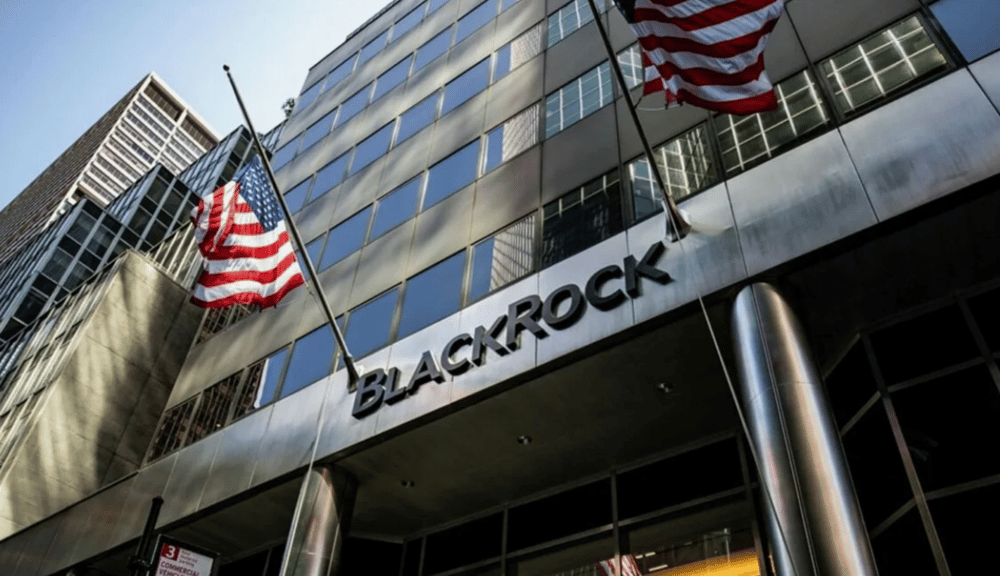BlackRock, Vanguard, and SSGA Face Antitrust Scrutiny: ESG Strategy vs. U.S. Energy Independence and USD Coal Market Dynamics
A high-profile legal confrontation is unfolding in the U.S. energy and financial sectors. The Department of Justice (DOJ) and the Federal Trade Commission (FTC) have submitted a statement of interest in a lawsuit filed by Texas and 12 other states against three of the world’s largest asset managers: BlackRock Inc. $BLK, Vanguard, and State Street Global Advisors $STT. The case alleges these firms coordinated their investment strategies to suppress competition in the domestic coal industry, triggering a broader debate over Environmental, Social, and Governance (ESG) integration and national energy priorities.
Allegations of Collusion in the Context of ESG and U.S. Energy Strategy
The plaintiffs argue that the asset managers used their substantial equity stakes in U.S. coal companies to align corporate policies with ESG goals, thereby influencing business decisions in ways that allegedly reduced output and deterred new market entrants. At the center of the controversy lies the tension between long-term sustainability initiatives and short-term energy independence, especially in light of recent geopolitical shocks that elevated the strategic value of coal and other fossil fuels.
BlackRock responded on Friday, calling the case “unfounded” and warning that politicizing investment decisions based on environmental standards could undermine U.S. energy security, economic stability, and investor autonomy. The firm defended its stewardship policies, asserting they are designed to maximize long-term shareholder value, not shape markets through coordination.

Quick Facts
Defendants: BlackRock (BLK.N), Vanguard, State Street Global Advisors
Filed By: Texas and 12 additional U.S. states
Allegation: Anticompetitive collusion to restrict coal industry output via ESG-focused investment
Government Involvement: DOJ and FTC filed a supportive amicus brief
BlackRock’s Response: Warns case could damage U.S. energy independence goals
Market Reaction and Broader Industry Commentary
The legal case may reshape how large institutional investors approach passive ownership and proxy voting power in carbon-intensive sectors. While ESG integration has become standard practice among global asset managers, this lawsuit raises questions about when shared ESG commitments cross into collusive behavior under antitrust law.
Financial analysts note that any ruling against the asset managers could reverberate through global capital markets, potentially limiting institutional influence in strategic commodities like coal, oil, and natural gas. It could also push firms to revise their ESG mandates to avoid regulatory backlash, especially as the USD-denominated coal export market remains pivotal for emerging economies.

Key Developments
DOJ and FTC back lawsuit claiming asset managers violated competition law by coordinating ESG efforts.
States argue this behavior stifled the U.S. coal industry and increased energy market fragility.
BlackRock defends itself, stating investment strategies are fiduciary, not political.
ESG critics claim this case highlights how sustainability targets may conflict with energy security.
The outcome may set precedent on limits of collective investor influence in commodity markets.
Legal Test for ESG Strategy and Institutional Power
This lawsuit is more than a regulatory dispute—it is a litmus test for the future of ESG investing in politically sensitive sectors. If the case proceeds and courts determine that parallel ESG strategies amount to collusion, global asset managers may be forced to decouple sustainability commitments from shareholder governance policies.
For U.S. markets and policymakers, the result could reshape the balance between capital stewardship, antitrust compliance, and energy sovereignty. As the world’s largest asset managers face legal scrutiny, the stakes span far beyond Wall Street, potentially influencing how global commodities priced in USD—such as coal—are financed, regulated, and produced.















Comments